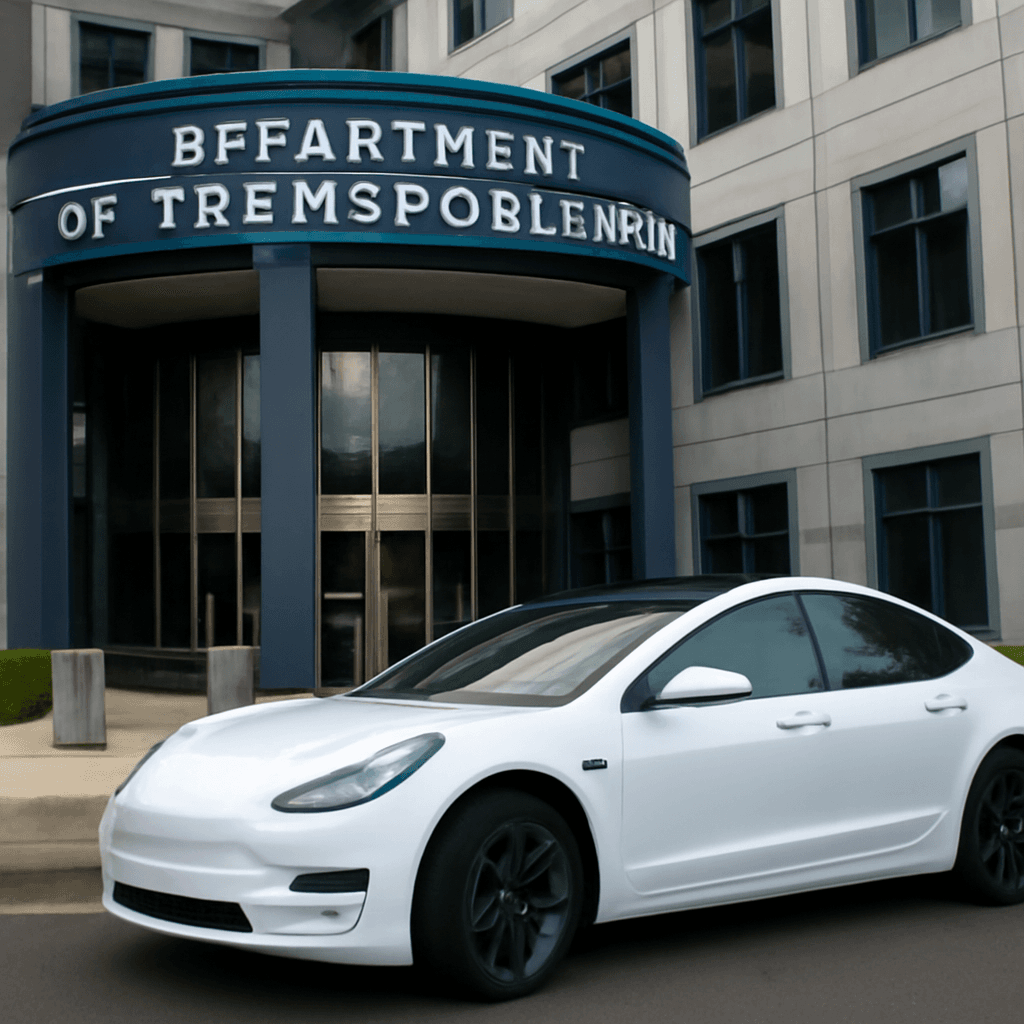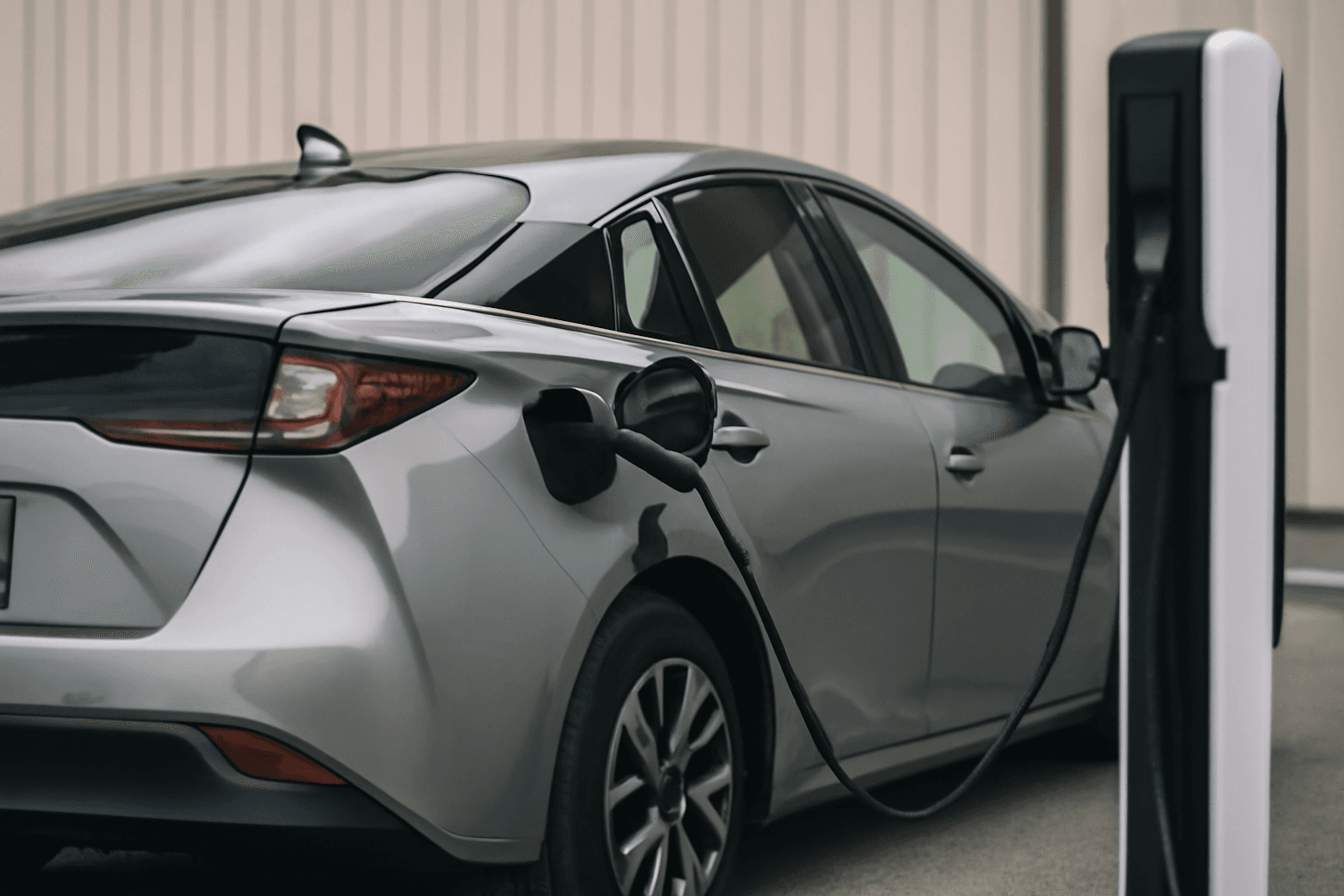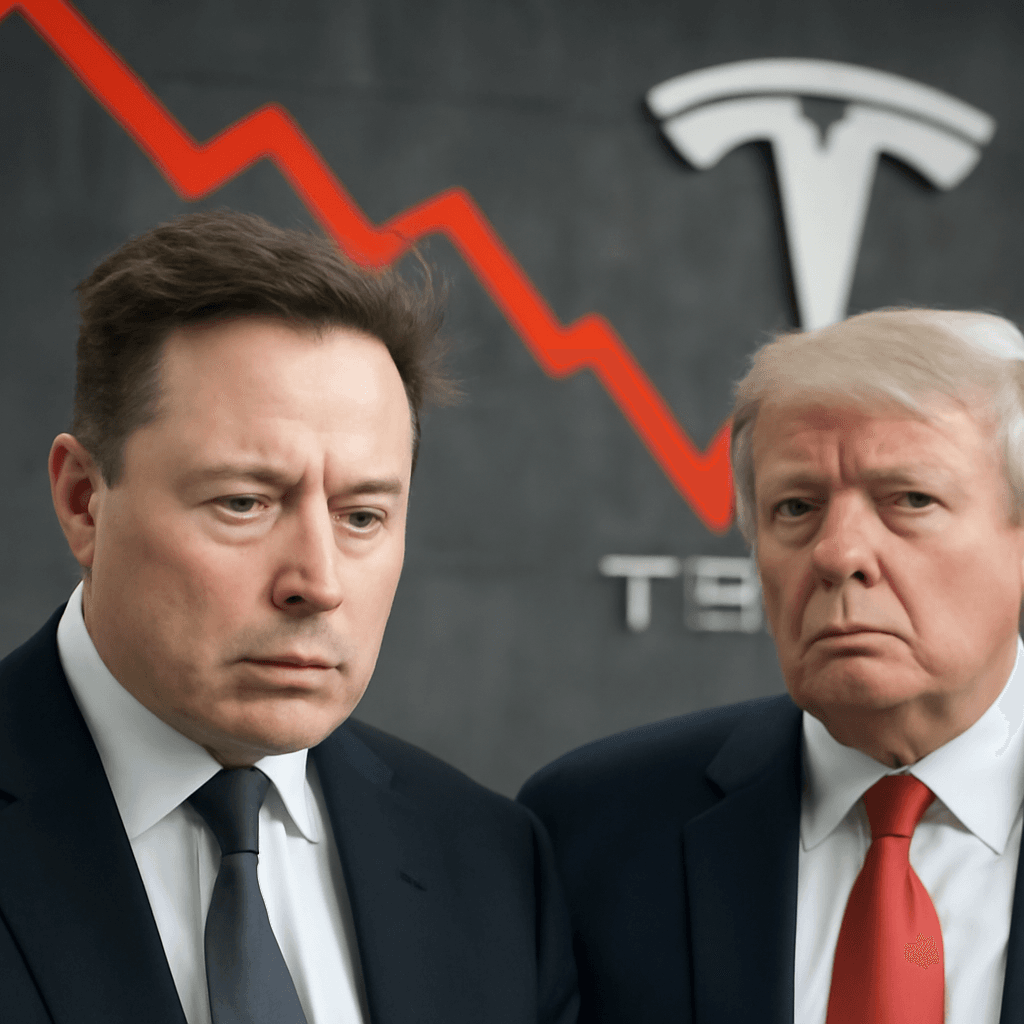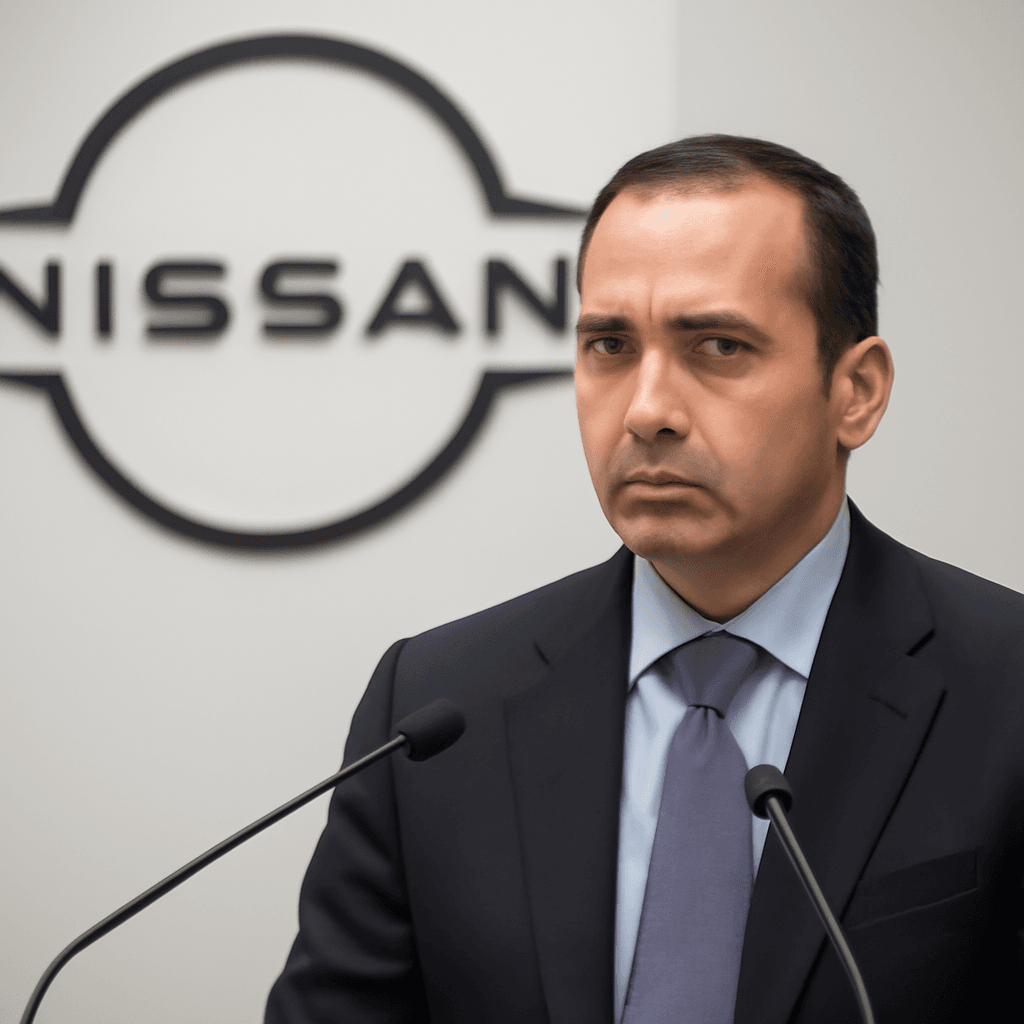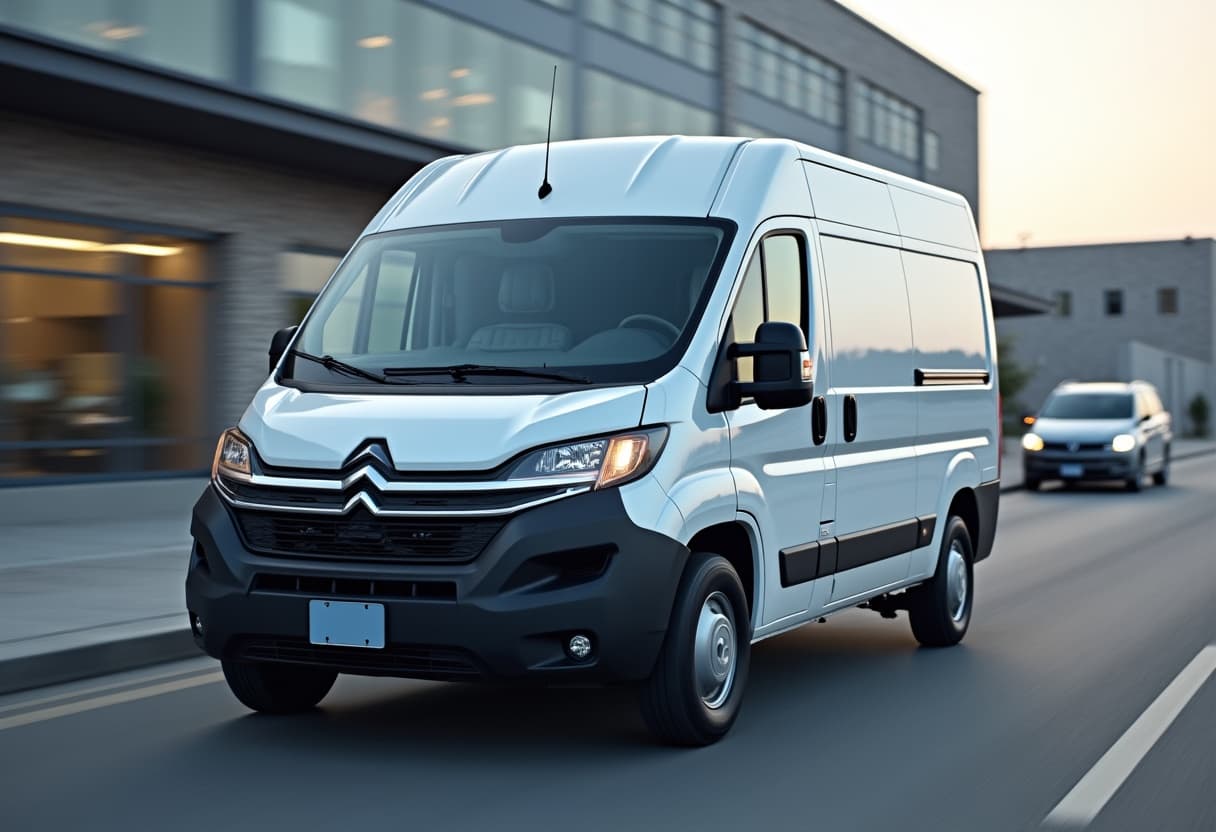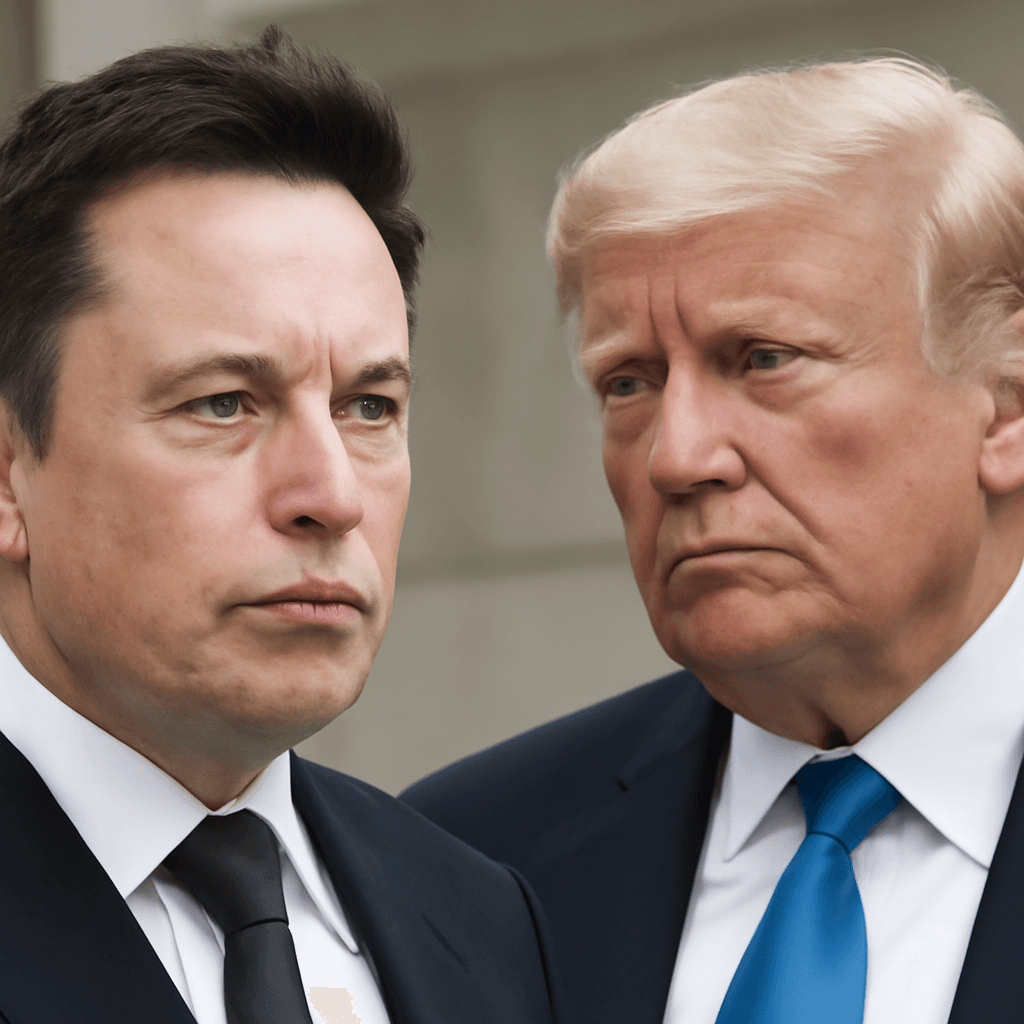US Department of Transportation Revises Fuel Economy Standards
On June 6, 2025, the US Department of Transportation announced a significant revision to the Corporate Average Fuel Economy (CAFE) standards, declaring that the previous administration's rules had exceeded legal authority by projecting an excessively high adoption of electric vehicles (EVs).
The department published a final rule titled Resetting the Corporate Average Fuel Economy Program, which aims to loosen fuel economy requirements for vehicles produced between 2022 and 2031. A forthcoming rule under the current presidential administration will further revise these standards.
Background on the Previous Standards
Under the Biden administration, the National Highway Traffic Safety Administration (NHTSA) established stringent fuel economy rules assuming a significant increase in EV production independent of regulatory standards. This assumption effectively raised the maximum feasible fuel economy targets.
In January, Transportation Secretary Sean Duffy directed NHTSA to rescind these aggressive standards, citing that the prior rules functioned as an electric vehicle mandate rather than reflecting realistic market conditions.
Political and Industry Reactions
Senate Republicans have recently proposed legislation to eliminate fines for automakers that fail to comply with CAFE standards. This move aligns with broader efforts to ease regulatory pressure on producers of gasoline-powered vehicles.
Automakers have faced substantial penalties for non-compliance. For instance:
- Stellantis paid $190.7 million for 2019-2020 violations, following nearly $400 million in penalties from 2016-2019.
- General Motors incurred $128.2 million in fines for 2016 and 2017.
Stellantis has publicly supported the Senate Republican proposal, highlighting the need for regulatory relief to maintain vehicle affordability and consumer choice. GM declined to comment on the proposal.
Projected Impact of Revised Standards
Under the 2024 Biden-era proposal, NHTSA had planned to increase average fuel economy requirements to approximately 50.4 miles per gallon (around 4.67 liters per 100 kilometers) by 2031, up from 39.1 miles per gallon currently for light-duty vehicles.
The agency estimated that these rules would have reduced gasoline consumption by 64 billion gallons and cut emissions by 659 million metric tons, providing a net economic benefit of $35.2 billion through fuel cost savings.
However, the department now emphasizes balancing vehicle affordability and manufacturing feasibility with environmental goals, signaling a shift in regulatory approach.

